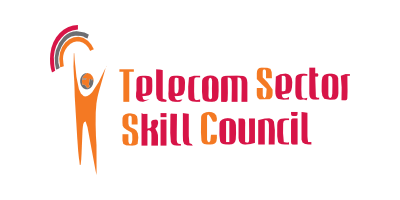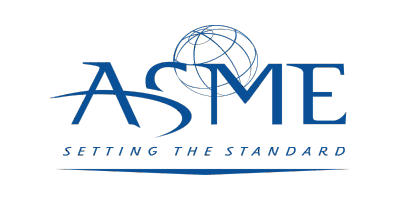New Education Policy
The National Education Policy (NEP) 2020 in India comes 34 years after the previous policy, announced in 1986 and revised in 1992. The NEP's chief purpose is to reform the education system and bridge the gap between current learning outcomes and those desired. It took six years of work and consultations with thousands of educators and policymakers.
Below are the most notable points of reform proposed by the NEP 2020: Early childhood education inclusion: Students in first grade will start school at age 3. Previously, grades one through eight were included in the scope of a child's right to education (6-14 years). This privilege will be extended to kids from ages 3 to 18 under the National Education Expansion Plan (NEP). A focus on equity and inclusion: In order to achieve fairness and inclusion in education for girls, transgender pupils, and kids with special needs, the National Education Policy (NEP) was created. The NEP also works to make that instructors are appropriately equipped to meet the needs of kids with special needs. It acknowledges that SEDGs are individuals who drop out, are unenrolled, and learn less frequently. An expanded concept of “quality”: The National Education Program seeks to provide kids a strong foundation while they are still young. The NEP also advocates for the much-needed restructuring of pre-service programmes in teacher education. For the first time, social-emotional learning and mental health are given significant attention.
“Teaching should be such that what is offered is perceived as a valuable gift and not as a hard duty”-Albert Einstein
The Right to Education Act of 2009 and the NEP 2020 are both ambitious and forward-thinking documents. India's sizable young population has a great possibility to become its greatest asset. But for this to happen, the government must give the policy's execution the political will and urgency it requires. The National Education Policy (NEP) for India does not address the need for systemic change. Strong patriarchal social structures must be questioned, critiqued, and recognized as contradictory to India's values. Curricula should include a focus on eradicating caste consciousness and hierarchical caste identities. The NEP commits to increasing the education budget from its current 4-6 percent of the GDP to 7-8 percent.






















